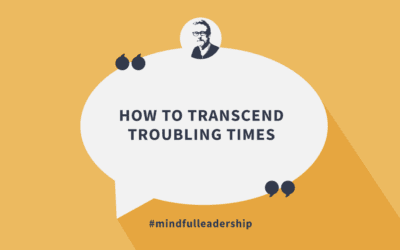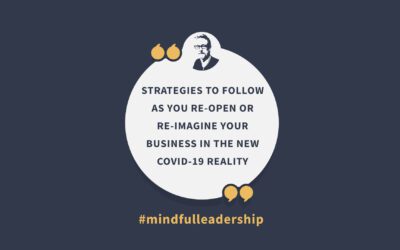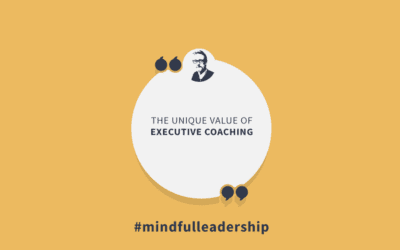Unlocking the Power of People-Centric Culture: How Mindful Leadership Boosts Team Member (aka Employee) Engagement for Business Success


Grant Ian Gamble is a best-selling mindful leadership author and speaker. He has over 30 years of experience in leading teams to create innovative customer experiences, building engaged workforces, and developing leaders who prioritize mindfulness in their approach.
Why do I call people “team members” instead of “employees” or “staff,” and why is it important?
Team member engagement is crucial to the success of any business. It not only boosts productivity but also enhances satisfaction and reduces turnover. With the increasing importance of team member engagement in today’s workplace, it’s essential to focus on creating a people-centric company culture through mindful leadership and always putting people first.
What is team member (aka employee) engagement, and why is it important?
Team member (aka employee) engagement is the level of commitment and dedication a team member has towards their work and their organization. Engaged team members are motivated, passionate, and dedicated to their work, which ultimately leads to increased productivity, higher job satisfaction, and reduced turnover rates.
On the other hand, disengaged team members lack motivation, don’t take pride in their work, and are more likely to quit their jobs. This can be incredibly costly for businesses, as hiring and training new team members is an expensive process.
Creating a people-centric company culture
Creating a people-centric company culture means placing your team members at the heart of everything you do. This involves creating an environment that fosters team members’ growth, development, and well-being, which ultimately leads to increased engagement and retention.
Here are some tips on how to create a people-centric company culture:
- Practice mindful leadership
Mindful leadership involves being fully present and attentive to your team members’ needs, feelings, and concerns. This means taking the time to listen, provide feedback, and show empathy towards them. By doing so, you’ll create a more open and trusting work environment where team members feel valued and respected.
- Communicate regularly
Regular communication is essential in creating a people-centric company culture. It’s important to keep your teams informed about company goals, objectives, and changes. This not only helps team members feel more connected to the organization but also helps them understand how their work contributes to the overall success of the company.
- Provide opportunities for growth and development
Team members want to feel like they’re growing and developing in their roles. Providing opportunities for training, development, and advancement is crucial to team member engagement. This not only helps team members improve their skills and knowledge but also shows them that the company values their growth and development.
- Create a positive work environment
Creating a positive work environment means fostering a culture of trust, respect, and collaboration. This involves recognizing team members for their achievements, providing positive feedback, and encouraging teamwork. By doing so, you’ll create a more supportive work environment where people feel valued and supported.
- Recognize and reward good work
Recognition and rewards are essential to team member engagement. It’s important to recognize people for their achievements, whether it’s through verbal praise, bonuses, or other incentives. By doing so, you’ll motivate them to perform at their best and create a more positive work environment.
In conclusion, team member engagement plays a crucial role in the success of any business. By creating a people-centric company culture through mindful leadership and always putting people first, you’ll foster an environment of trust, respect, and collaboration that leads to increased engagement, productivity, and retention. So, take the time to invest in your people, and you’ll reap the benefits in the long run.

More Articles:
How to Transcend Troubling Times
According to Business Insider, unemployment filings hit 55 million over the past 20 weeks.
Layoffs, furloughs, freezes on hiring and downsizing are all reaching epidemic proportions. Usually, downsizing and consolidations are associated with declining financial performance for the companies going through these transitions, but not necessarily.
Strategies to Follow as You Re-Open or Re-Imagine Your Business in the New COVID-19 Reality
Here are some basic strategies and checklists to follow as you plan to re-open and/or re-imagine your business in the new COVID-19 reality. Download your list!
The Unique Value of Executive Coaching
In a recent study by Stanford’s Center for Leadership Development and Research, nearly 100% of CEO’s surveyed said they enjoy the process of receiving coaching and leadership advice. Yet only one-third of those same leaders receive any formal coaching.
Of those CEO’s receiving coaching, 78% said it was their own idea to embark on the coaching journey. 21% said the catalyst came from the Board.
When asked what the key areas they were most seeking improvement in were, the cohort suggested the following:
Fill out the form below and receive a PDF download of "6 Key Strategies to Engage Untapped Fitness and Wellness Market Segments"
Let's Connect!
CUSTOMER EXPERIENCE, TEAM ENGAGEMENT & WORKPLACE WELL-BEING: AFFINITY OS™ | WELLNESS INTEGRATION | MINDFUL LEADERSHIP: "THE AFFINITY PRINCIPLE"
0475 866 592

The Affinity Principle™ by Grant Gamble presents a formula for business success through a people-centric, mindful leadership approach.
PEOPLE FIRST, ALWAYS.




